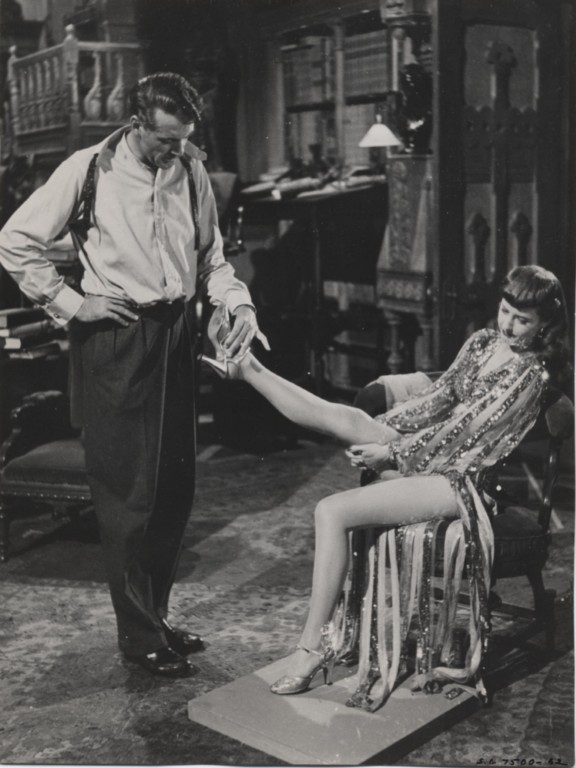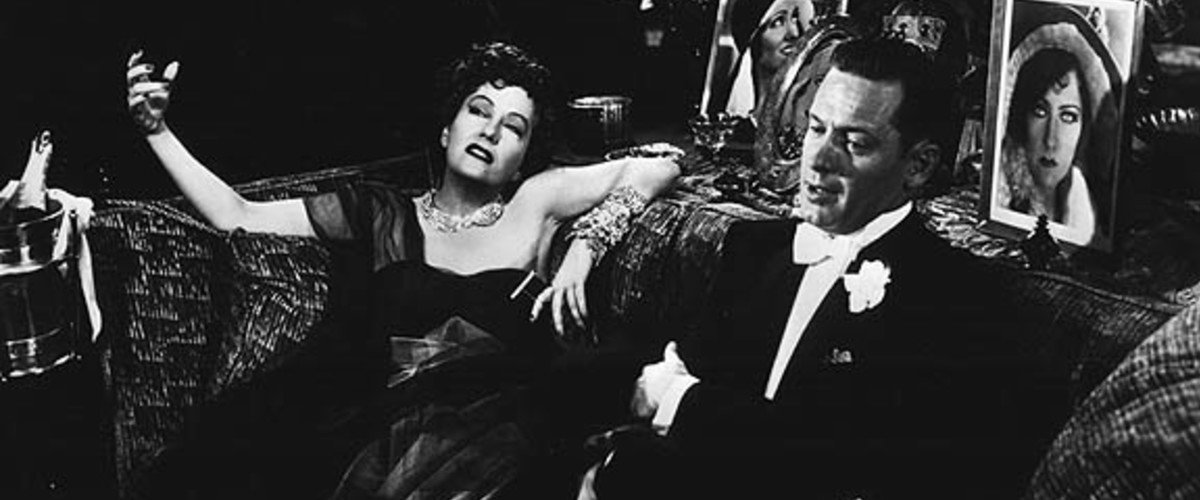The Other Guy
I just read It's The Pictures That Got Small, an edited collection of Charles Brackett's diary entries from 1932 to 1949. Brackett is best known as Billy Wilder's screenwriting partner from the mid-30s to 1950, which explains why these dates were chosen.
Neither Brackett nor Wilder were world-beaters when they were teamed up, but both had talent and, together, became one of the top writing teams in Hollywood, creating many fine screenplays: Midnight, Ninotchka, Ball Of Fire, The Major And The Minor, The Lost Weekend and Sunset Boulevard, to name a few.
Wilder usually gets most of the attention because, in 1942, he became a director, and we've got a director-centric view of movies. Also, after they split up, though Brackett went on to producer a number of decent films, Wilder made more classics such as Stalag 17, Some Like It Hot and The Apartment.
But Brackett was a major figure who's too easy to forget. He and Wilder couldn't have been more different. Brackett, more than a decade older, was a WASP--a rock-ribbed Republican of American ancestry, and a respected novelist and playwright--while Wilder was a Jew--a liberal, mercurial foreigner who escaped Germany and wasn't working in his native tongue.
Brackett regularly notes their tension. I don't think there's a year without an entry about how they're about to break up, or should break up. (Yet when it finally happened in 1949, by Wilder's choice, Brackett does seem a bit surprised.) Of course, a good writing team needs tension--as Wilder noted, without it, you've got two guys pulling on the same side of a rope.
It's not all about their screenplays. There's plenty about parties, and lunches (often at Lucey's, across from Paramount and not far from where I presently live), and other Hollywood projects Brackett was involved in--both films and his work with the Screen Writers Guild and the Academy.
We also get to know Brackett's opinion on many of his contemporaries, and it's often negative. For instance, he meets and doesn't particularly like big names such as Howard Hawks, Frank Capra, Orson Welles and Charlie Chaplin. He also has some ungracious things to say about the looks and talent of a number of actors and films. And yet, with all this, he seems a nice enough guy.
But it's the Wilder stuff we're most interested in. Unfortunately, there's little insight into their working habits. They just got together and did what they did, even if Brackett was often annoyed with Wilder. He's more voluble when it comes to the many meetings with stars, directors and producers, and the screenings of works in progress.
For instance, when Ball Of Fire was being cast, a number of major female stars, such as Carole Lombard and Ginger Rogers, turned it down. They tested Lucille Ball for the lead and Brackett though she was just right, though Wilder felt she was a B-actress. So the part went to Barbara Stanwyck, whom Brackett thought was wrong for the role (though she did a fine job).
Also, for years all we've heard was Wilder's point of view. Brackett provides a new take on old stories. For instance, Wilder claimed one of the reasons he needed to direct was that directors like Mitchell Leisen didn't respect his screenplays. Perhaps, but Brackett doesn't seem to have much problem with Leisen, meeting with him a number of times after Wilder started directing to discuss various projects he and Leisen might work on.
And then there's Double Indemnity, the one film--and quite a film it is--that Wilder directed while they were a team that Brackett didn't co-write. The story goes Brackett was turned off by the seamy source material and wanted nothing to do with it. Once again, perhaps. But Brackett never mentions this, and gives the impression that they simply drifted apart for this project, and, in fact, Brackett helped out Wilder with some of the writing once the project was underway.
There are those who claim, due to Brackett's influence, that Wilder's earlier scripts are superior to--or at least classier than--his later ones (which were often written with younger partner, I.A.L. Diamond). I don't know if I agree with that, but I can say you can't really appreciate Wilder's career without recognizing no collaborator was more important than Brackett. This book helps give insight into a man about whom too little is known.



0 Comments:
Post a Comment
<< Home